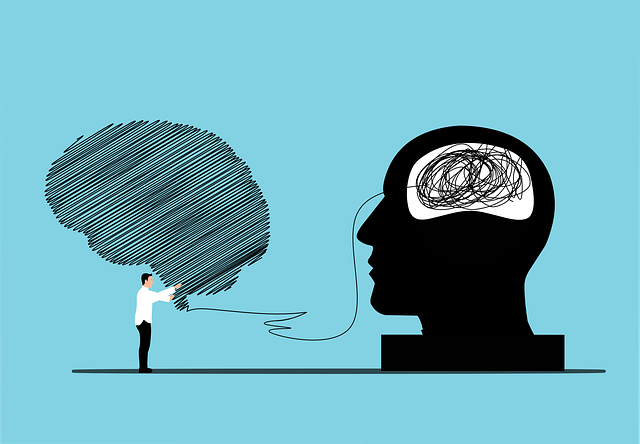Transcranial magnetic stimulation (TMS) is a non-invasive brain stimulation technique used to treat mental health conditions such as depression, anxiety, OCD, and addiction. The method works by activating neurons in the brain using rapidly changing magnetic fields to help reset abnormal activity patterns associated with certain mental health issues.

WHAT IS TRANSCRANIAL MAGNETIC STIMULATION?
Transcranial Magnetic Stimulation (TMS) is a non-invasive procedure using magnetic fields to stimulate the brain’s nerve cells. This is an innovative medical approach that involves placing a magnetic coil over the scalp and delivering rapid and repetitive magnetic pulses to specific areas of the brain to stimulate or inhibit activity in different areas of the brain.
TMS is considered a relatively safe and well-tolerated procedure, with few side effects. However, it’s not appropriate for everyone, and it’s important to consult with a medical professional to determine if this is a suitable course of treatment for your specific condition.
WHAT ARE THE TRANSCRANIAL MAGNETIC STIMULATION USES?
TMS is an effective therapeutic intervention for a variety of neurological and psychiatric conditions.
Major depression
Transcranial magnetic stimulation therapy has been FDA-approved for the treatment of major depressive disorder where patients have not responded to medication or other treatments. TMS is thought to work by stimulating the prefrontal cortex, a brain region implicated in depression.
Obsessive-compulsive disorder (OCD)
OCD is a disorder characterized by intrusive thoughts and repetitive behaviors. TMS is thought to work by modulating activity in the cortico-striatal circuitry that is disrupted in OCD.
Anxiety disorders
TMS is a potential treatment for anxiety disorders, including generalized anxiety disorder (GAD), panic disorder, and post-traumatic stress disorder (PTSD).
Chronic pain
TMS is effective in providing relief for chronic pain conditions, such as fibromyalgia and neuropathic pain. TMS is thought to work by modulating activity in the pain-processing pathways of the brain.
Bipolar disorder
TMS has also been studied as a treatment option for bipolar disorder, particularly for reducing depressive symptoms in people with bipolar disorder.
Addictions
TMS works by stimulating specific areas of the brain, which can influence the neural pathways involved in addiction and cravings. TMS can reduce cravings and improve outcomes for people with substance use disorders, including alcohol, nicotine, and cocaine addiction. It can also improve abstinence rates and reduce the severity of withdrawal symptoms.
Full article at fshoq.com












